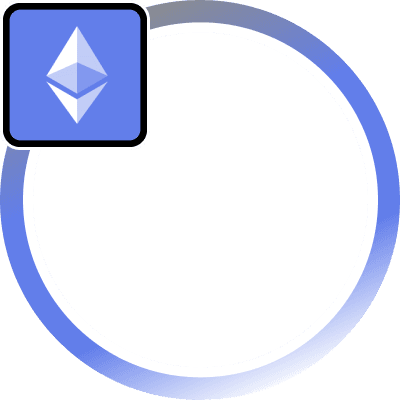Observatory is a sophisticated tool designed to analyze various blockchains to determine their decentralization score and the health of their validators. It uses a unique measuring system that takes into account key details such as the country, Internet Service Provider (ISP), governance, and more. The long-term vision of the Observatory is to provide a robust computing infrastructure that offers clear guarantees in terms of performance, integrity, and availability.
Methodology
Observatory focuses on proof-of-stake blockchains, particularly their validator networks, as key drivers for computational integrity and availability. It introduces a framework to quantify blockchain network health, starting from validators. Validator health is a composite




